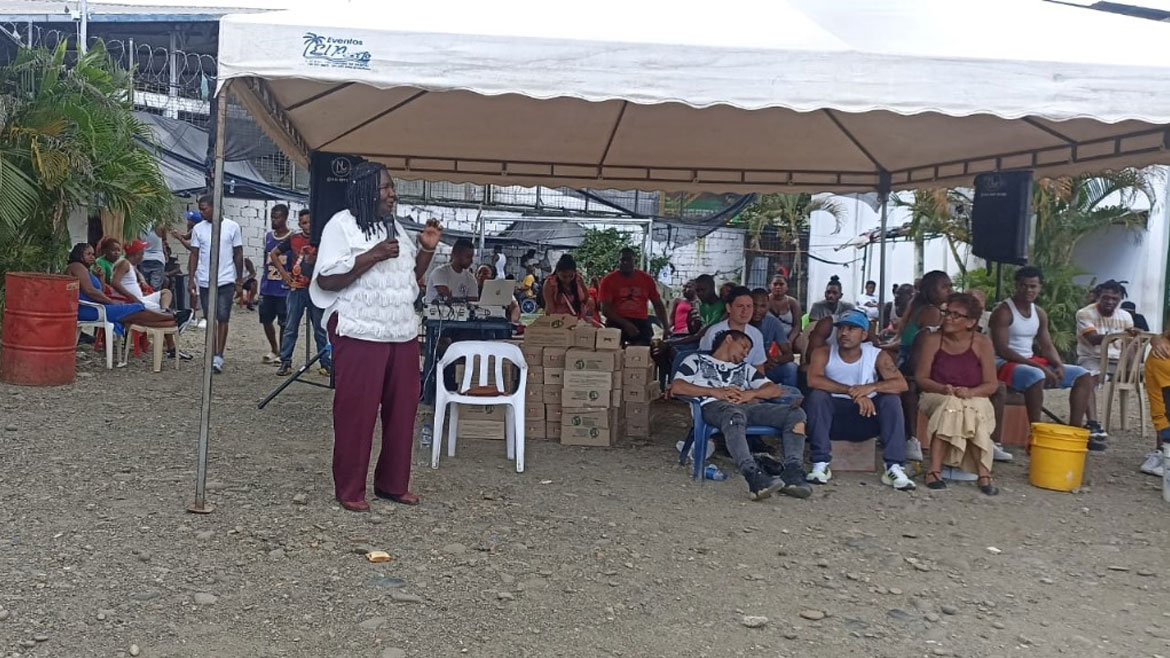Homicides, massacres and legislative disorder threat attempts to negotiate peace with gangs in three of Colombia’s most violent cities.
The government of President Gustavo Petro kicked off the peace processes in Medellin, Buenaventura and Quibdo as part of his government’s “Total Peace” plan in 2022.
These peace process have been hindered by violence and Congress’s failure to pass legislation that would allow the collective surrender to justice of gang members who want to opt out of organized crime.
Citing their members’ lack of judicial guarantees, representatives of organized crime group Los Shottas last week suspended their participation in the peace process with rivals of Los Espartanos in Buenaventura’s.
The peace process in Quibdo, which began in August last year, has also been suspended, an anonymous source close to the process told newspaper El Espectador.
Chances of a resurgence of violence have been high in Quibdo since earlier this month when local gang “Los Zeta” allegedly massacred four members of “Los Mexicanos,” one of the three gangs that joined the peace process.
Also in Quibdo, local leaders have stressed that Congress’s failure to pass the collective surrender legislation is sowing doubt about Bogota’s commitment to peace in the capital of the Choco province.
In Medellin, the assassination of the acting boss of “La Terraza” last week triggered concerns about a possible breakdown of an informal gang ceasefire that has been in place for two years.
According to the president, the assassination of “Pichi Gordo” was an “attack on the peace process” in Colombia’s second largest city.
Medellin gang leaders, who have been negotiating with authorities in the Itagui prison, have also expressed their concern about the lack of a legal framework that would allow them to demobilize more than 14,000 young people.
The Constitutional Court ordered Congress to pass legislation that would allow mass demobilizations in November last year already, but this has yet to lead to a congressional bill.
Meanwhile, the chance that one or more processes break down because of violence persists.


